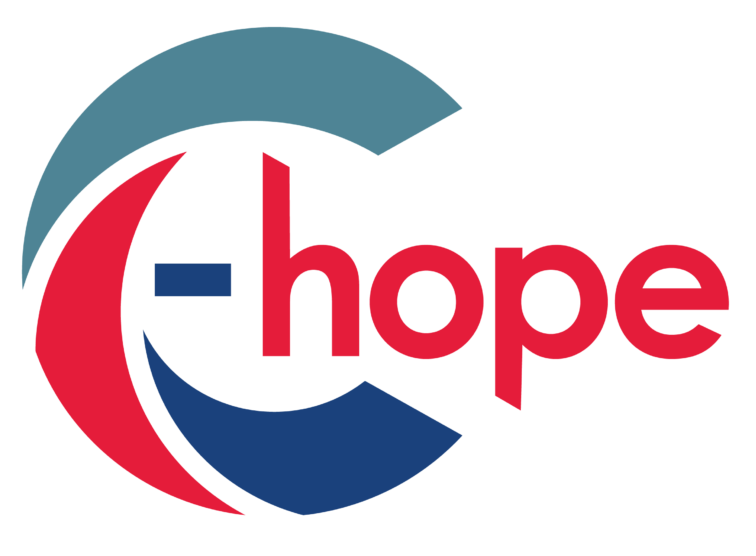Why Churches Should Embrace Church Management Software (CMS)
Often when I ask church staff if they use church management software, the answer is often “yes”. But when I explore how they use the software, more often than not, it is used strictly as a bookkeeping system to record contributions. Church Management software is so much more; and there are many to choose from, including PushPay, ServantKeeper, and Realm. Church Management software is offered at many price ranges making it available to churches of all sizes. But why is it that church staff do not take advantage of the benefits of church management software?
Before answering the questions, let’s explore what church management software is. Church management software (CMS) is software (usually web-based) that organizes membership data, maintain and track church finances, track and report on member/guests contributions, and it is a tool to communicate with members and guests. In addition, CMS allows churches to make church office operations more efficient. These benefits alone should encourage church staff to explore using CMS or expand their use of CMS. If operational efficiency won’t move churches to CMS, church staff should also recognize that this software can be an effective tool for evangelistic outreach and internal member in-reach. CMS when effectively used connects the church to the people.
The features of CMS are plenteous. Below are some of the most popular features and how church staff can leverage those features to improve their operations and promote their reach to members and guests.
- Manage church members and guests – CMS allows church staff to manage essential information about members and guests, like addresses, phone numbers, email addresses, participation in ministries, etc. Because the software is usually web based, members can access their personal accounts within the software and update their own information and mark their attendance if a church opens this restricted access to members. This access can be allowed with a simple QR code. Imagine the benefits of having this information available in a system. Church staff can send out email or text blasts to members from the system; they can run reports in different formats, eliminating the need for Excel spreadsheets; and connect to members and guests through the system to arrange meetings or just to say “hello”.
- Enhanced communication – Again email and text blasts can be sent to members or guests. Focused communication can also be done through a well used CMS. For example, particular ministry members can be contacted without contacting the entire church. Also, visitors can received focused communication from the pastor or other church leaders. Imagine sending out focused emails to visitors about salvation or to members who have missed services to encourage them, or to members who lowered their giving to see if they need any help with resources. Responses can also be managed.
- eGiving – Most churches today use some form of eGiving, such as CashApp, Apple Pay, Givelify to name a few. However, CMS allows eGiving that is connected to members’ CMS accounts. The cost of CMS eGiving is about the same as other giving platforms, but when done in CMS, the giving is posted to member accounts automatically and members are allowed to set up an account in the CMS when giving for the first time, enabling a church to have this information to make future contacts with guests. Another benefit of eGiving within a CMS is most of these systems allow the information to automatically transferred to the accounting systems used by churches, such as Quickbooks. CMS also allows contributors to run their annual statements of giving. Finally, statistics show that an effective eGiving system increases charitable giving by as much as 26% and turns one-time givers to regular donors.
- Better management of online services – Many CMS’s allow churches to either post their online services directly in the CMS or post a link to the services, eliminating the need to search YouTube or Facebook for messages. Keeping a catalog of online services or messages in an organized way will also allow members to search for particular messages or services that were beneficial to them.
So with all the benefits of CMS, why don’t more churches embrace these systems, including using them more effectively? Here are my takes on this question.
- Lack of knowledge – church staff either don’t know what CMS is or don’t know all the features and benefits of CMS.
- Change is difficult – transitioning from old ways of operating to new ways, even if the new ways have notable benefits, is very difficult for many.
- Comfort with technology – CMS requires some technical know-how, making their use a bit frightening. However, most CMS’s are rated high for ease of use, meaning that adaptation to the system is easy. Most CMS companies offer excellent training on their systems as well.
- Cost – Because CMS is a technology, church staff assume the cost to use one will be large. In fact, most of these systems cost very little to operate. Given the benefits of these systems (operational efficiencies, better communications with members/guests, increased giving, and better outreach), the costs are minimal compared to the benefits.
I encourage churches to take a look at Church Management Systems as a tool to improve and promote godly kingdom building. Speak to service providers about their CMS offerings. If you are not comfortable speaking with service providers, reach out to Chopeministry.org and fill out the contact form if you want guidance on understanding or selecting a CMS for your church.
